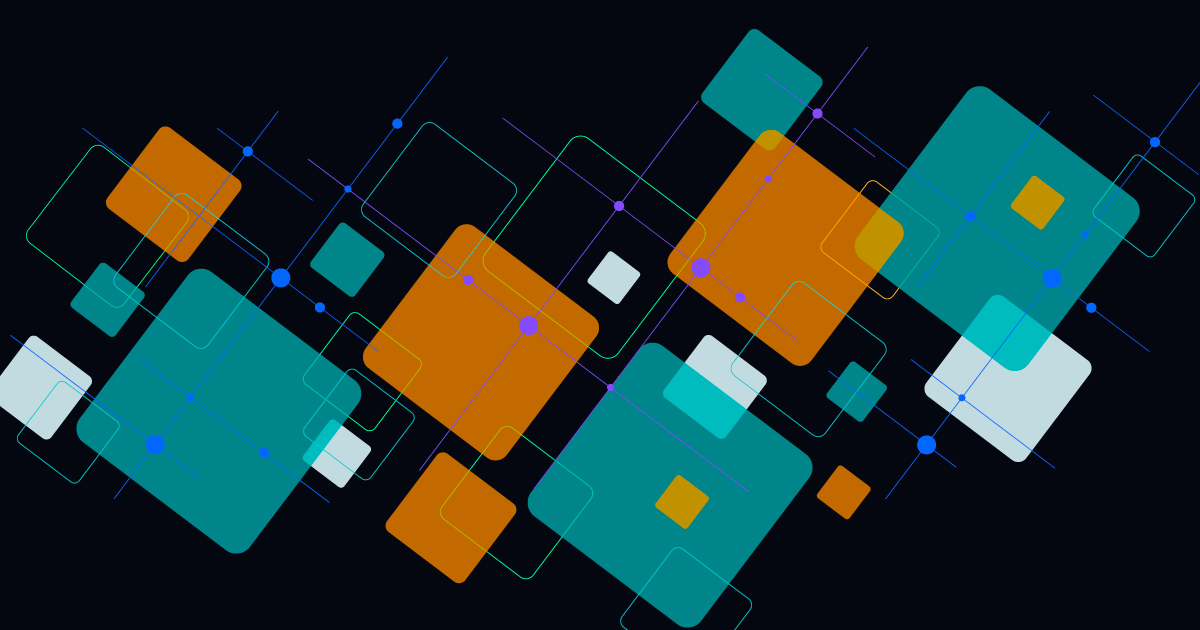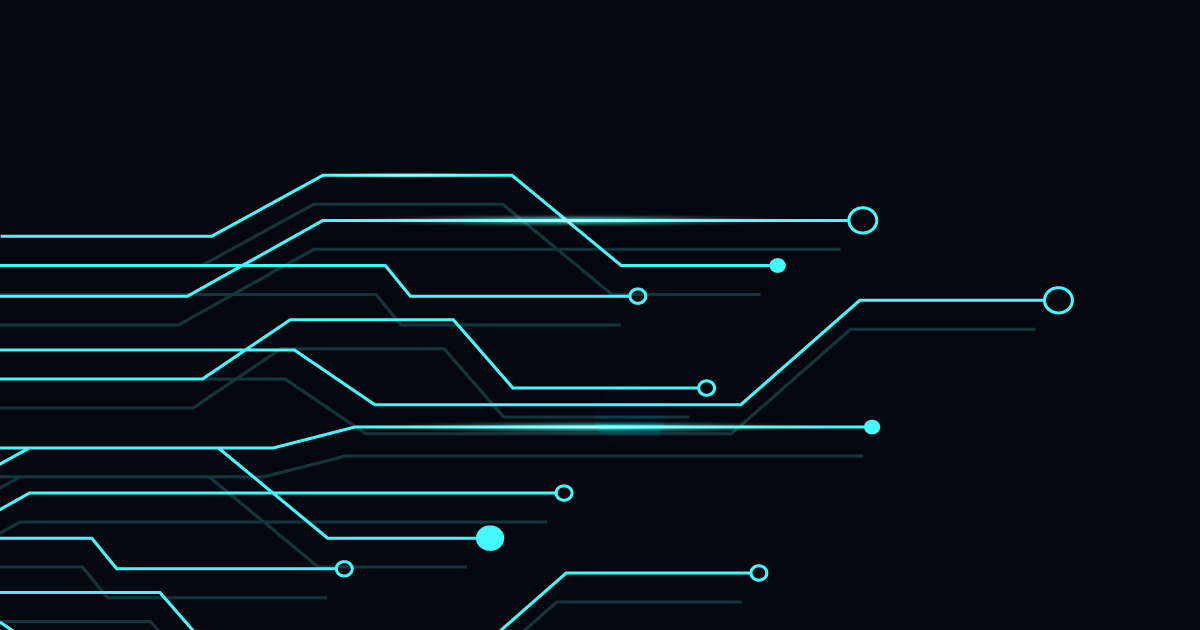
The Rise of the Cognitive NOC and the Role of IT Process Automation
Subscribe to receive the latest content and invites to your inbox.
Today's Cognitive Network Operations Center (Cognitive NOC) is a significant advancement that employs artificial Intelligence (AI) and machine learning (ML) to dramatically modernize and improve network management and operations. Working together, the NOC and IT Process Automation (ITPA) propel superior efficiency and effectiveness of network operations, minimize downtime, lower operational costs, and overcome additional challenges in optimizing network performance.
The Cognitive NOC acts as a nervous system to centralize network monitoring and management; it provides comprehensive visibility and communicates the network's granular status at all times, enabling critical functions like troubleshooting, software distribution and updating, performance oversight, and more. The Cognitive NOC is modernizing the network in three major directions to enable organizations to meet growing demands, including:
- Expanding the use of AI and ML
- Coordinating and integrating with DevOps
- Increasing usage and effectiveness of predictive analytics
To enable progress in these directions, ITPA is increasingly integral in supporting the Cognitive NOC. Let's explore the key role that ITPA plays in enabling the NOC's contributions to a streamlined infrastructure.
Cognitive NOC: Expanding the Use of Artificial Intelligence and Machine Learning
As the dramatic advances in AI and ML continue to integrate with and transform the Cognitive NOC, it becomes imperative that these technologies are deployed and utilized to their full potential. The role of ITPA is fundamental to moving forward by automating and accelerating routine functions such as data collection and analysis.
By automating network data collection, ITPA can help to establish that AI and ML are being trained on high quality, consistent information. Concurrently, automation helps to affirm that models relying on such data for training are optimally accurate and relevant.
Additionally, ITPA works to automate AI and ML deployment of machine learning models in the Cognitive NOC. Thus, by automating functions including data cleansing, model training, and deployment, ITPA speeds time-to-value for these models, assuring that the predictions they make are on target and effective.
Coordinating and integrating with DevOps
For enterprises working to reflect DevOps principles in their network operations, it is key to develop confidence and assurance that development and operations teams are working collaboratively and effectively. Through automation of routine procedures such as testing and deployment, ITPA plays a critical role in optimizing DevOps collaboration, which in turn ensures solid, reliable results.
Thoroughly vetted, reliable applications and services are another benefit that arises from automating the testing process. ITPA thus reduces the risk of errors and delays; new services and applications arrive more quickly to market, which gives the organization a competitive advantage, as well as building a positive relationship among DevOps teams.
In addition to testing, ITPA's ability to automate deployment also works to speed new services and products to market. Automating version control, configuration management, and deployment all work through ITPA to support high quality, reliable output and benefit the entire enterprise including DevOps itself.
Increasing Usage and Effectiveness of Predictive Analytics in the NOC
The Cognitive NOC stands out for its ability to develop and employ predictive analytics in a greater capacity than in the regular NOC. As this trend continues to grow in the Cognitive NOC, a chief concern is to ensure that these technologies grow increasingly sophisticated in their employment and deliver full value. Again, ITPA enables optimal use of predictive analytics, delivering their full benefit in automating routine processes such as data collection and analysis.
ITPA's ability to automate collection and analysis of network data provides the ability to detect negative or risky patterns and trends that might otherwise go unnoticed. The advantage of this ability to send alerts helps the Cognitive NOC proactively spot and prevent arising issues and preempt damage before it takes place. The value of this predictive safeguarding can hardly be overestimated—making it possible for faster and more effective incident response and early resolution.
Automating implementation of predictive analytics models in the Cognitive NOC allows for effective data cleansing and preparation. While ITPA speeds time-to-value for these models, it assures customers that they are investing in accurate, reliable applications delivered on time.
As the Cognitive NOC evolves in sophistication and handles more demanding challenges, it's essential to continuously improve network operations efficiency and productivity. ITPA's ability to take on the burden of automating routine and repetitive tasks liberates network operations staff to spend their time focused on more complex and high-priority undertakings.
The value of ITPA increases even further in its capabilities to streamline incident management, minimize downtime, validate compliance with industry and organizational regulations and standards, strengthen and smarten network security, and optimize resource utilization. By supporting critical new directions for Cognitive NOC such as the increased use of AI and ML, integration with DevOps, and employment of predictive analytics, ITPA allows organizations to fulfill their performance and security goals—benefiting the network and the enterprise itself substantially.
The importance of the Cognitive NOC keeps expanding, thanks to its employment of AI, ML, and predictive analytics. Incorporating and fine-tuning ITPA will only expand its importance in enabling organizations to leverage advanced functions to their full potential. Streamlining network operations and automating mundane processes allows the enterprise to accelerate the launch of new products and services amid fierce competition, reduce delays and errors, and raise the quality of deployments overall.
The Future of the Cognitive NOC
The Cognitive NOC is taking an exciting new direction and driving significant improvements in the ability of organizations to manage their networks. By leveraging the supportive capabilities of ITPA, organizations can propel these new directions and demonstrate their competence in achieving performance and security objectives. The ongoing impact of this headway on the customer experience is highly visible, reflecting in a long list of business benefits headed by increased revenue, lower operational costs, and competitive advantage.
To understand the full potential of your NOC, request a demo.






